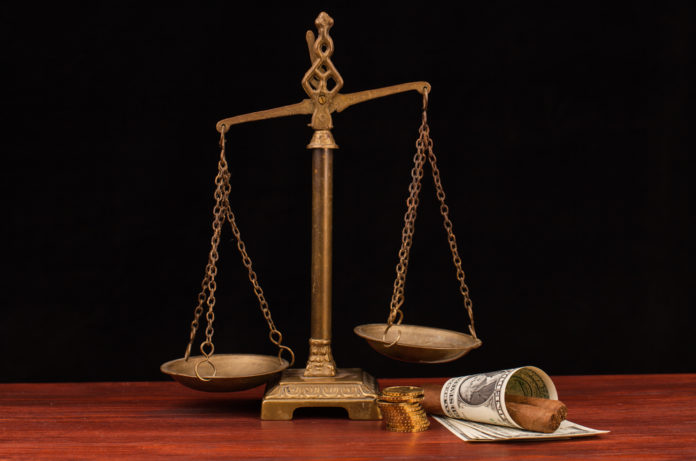Five years ago this Sunday General Motors filed for bankruptcy which led to a $49.5 billion bailout to bring this staple of the auto industry back to its feet. Now at its 5th anniversary, the “new GM” is one of the 40 most profitable companies in the nation outperforming more than a third of the companies listed on the Dow Jones.
So in reflection of their investment, can taxpayers look at GM’s speedy climb back to success with pride?
Unfortunately not…
Although GM hit the ground running after receiving the massive bailout from American taxpayers, its stock price never rose to a level that led Treasury to recoup that investment. After all is said and done, taxpayers lost $10.6 billion on the bailout, and that’s the way it’s going to be regardless of how much further GM soars in profits.
When asked if GM intended to pay the Treasury the difference and allow the taxpayers to at least break even on the deal, the auto-giant said it could not, in fear that current shareholders would sue.
In essence, all shareholders holding stock or bonds in GM previous to the bankruptcy went down with the ship. Now, five years later, the company is using new shareholders as a scapegoat to abandon its obligation to both the old shareholders, as well as the taxpayers that funded its way back to the top.
The bankruptcy has done wonders for GM, including giving them a legal leg to stand on as it faces hordes of legal trouble concerning a faulty ignition switch within its vehicles that was knowingly distributing to consumers; resulting in at least 13 deaths and counting.
Because the faulty product was distributed prior to filing for bankruptcy, GM has cited that it does not have legal obligation to be accountable for actions taken by the “old GM.” The 2009 bankruptcy has become a shield for GM going forward, allowing it to abandon its previous failures, including the loss of $100 billion over the 4 ½ years preceding the company’s bankruptcy.
GM’s story is merely a popular example among several similar bad deals resulting from the $700 billion in federal bailout money spent in during the financial crisis; including Chrysler Group which, in the end, cost taxpayers another $1.3 billion.
The “too-big-too-fail” argument suggests that the financial crisis occurred because companies like GM were too large and their failures would result in a collapse of the economy as a whole, forcing taxpayers to fund their failures. Now five years later, these companies are only getting larger and the taxpayers are still being left behind in their dust.













